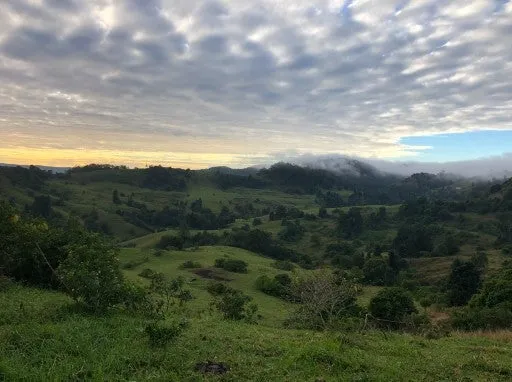Wild dog
Asset protection: Wild dogs are found in a variety of habitats including rural and peri-urban areas and threaten agriculture of the Sunshine Coast.
A wild dog is defined as a dingo (Canis lupus dingo) and a dog (Canis lupus familiaris), other than a domestic dog.
Wild dogs are restricted invasive animals under the Biosecurity Act. They must not be moved, kept, fed, given away, sold, or released into the environment without a permit. They are also listed as an asset protection species in our Biosecurity Plan. These species occur across the whole of the Sunshine Coast. They cause some impacts where they occur. These species should be managed when they threaten or impact high-value assets. This may include important environmental, agricultural, or community areas.
Where they live
They often use roads, creeks and fence lines to travel between different areas.
Problems caused by wild dogs
Wild dogs are serious threat to livestock, native animals and domestic pets. They threaten biodiversity and have the potential to spread diseases which could impact human health.
Protecting against wild dogs
Under the Biosecurity Act all Queenslanders have a general biosecurity obligation (GBO). The GBO requires people to manage wild dogs on their land.
To get help to protect your place from wild dogs or to learn about council's wild dog control programs, visit the managing invasive animals web pages.
More information
- Download the Wild dog control fact sheet (PDF, 954KB)
- Visit the Biosecurity Queensland website
- Watch the Wild Dogs: Animal Ethics vs Welfare and Wild Dog DNA Research webinar video.

